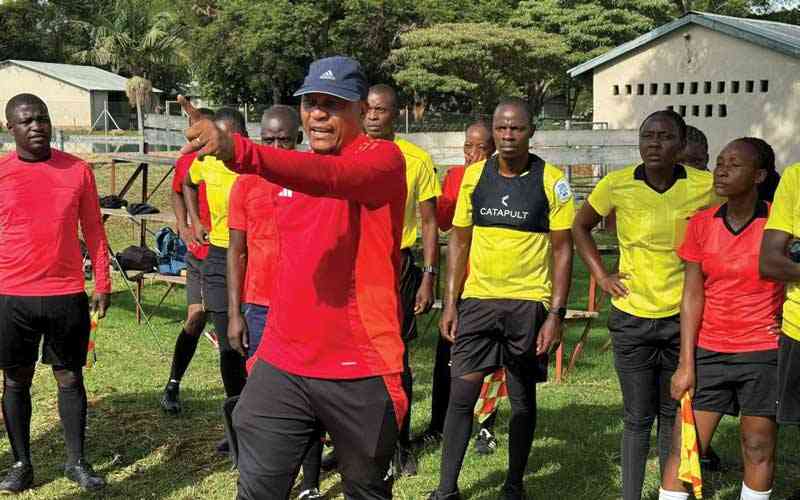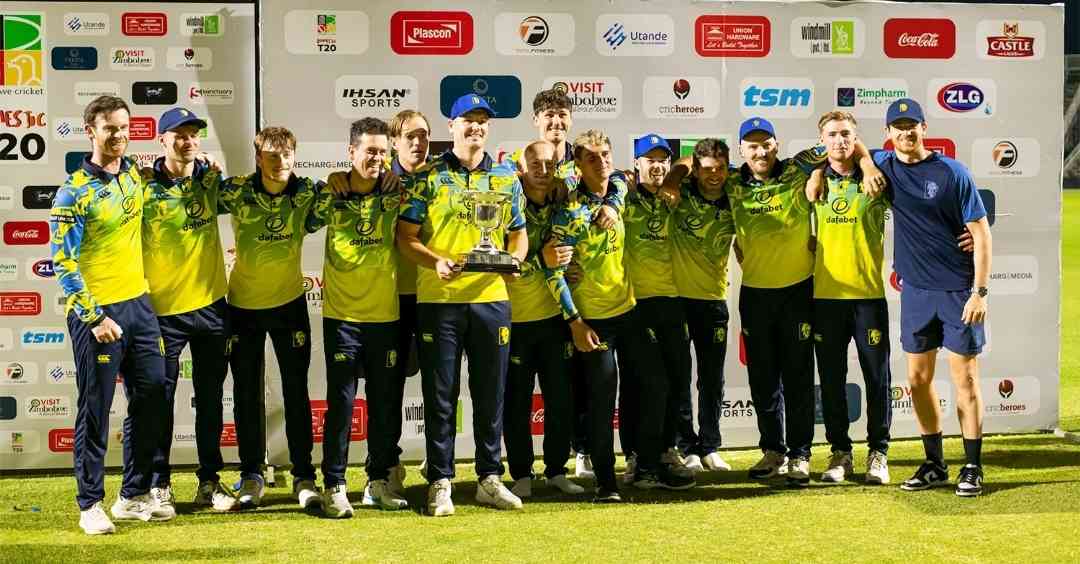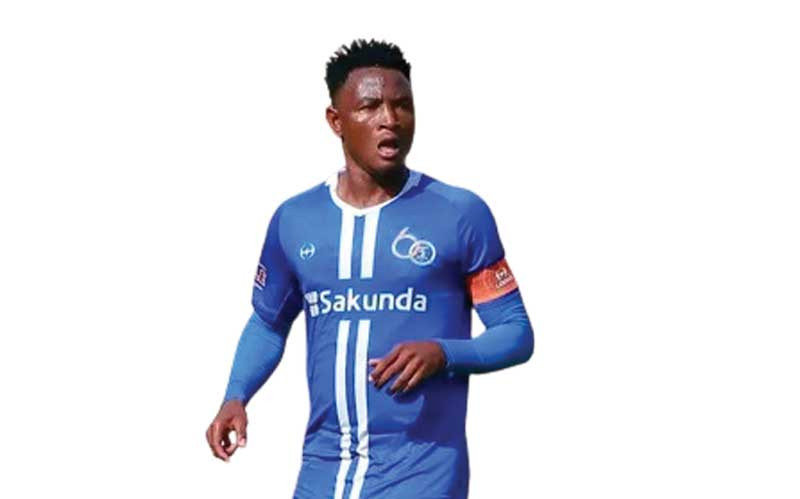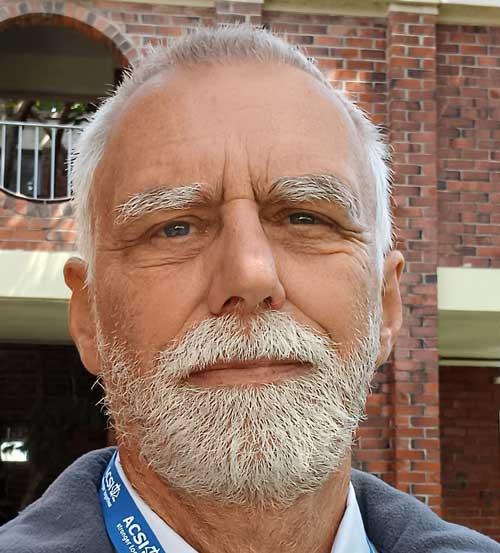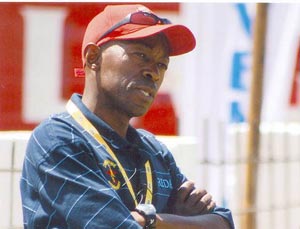
LOCALLY, the teaching profession is often viewed with disdain owing to the intensity of hard work and woeful remuneration.
REPORT BY ALBERT MARUFU
However, for newly-appointed Under-20 rugby coach Nsikelelo “Sykes” Sibanda, his years as the Director of Sport and Physical Education teacher at Gateway School, shaped him for the task ahead of him.
Sibanda was recently appointed the Young Sables head coach, replacing Brighton Chivandire who had been in charge of the team for the past five years, winning three African Cup titles and guiding the team to as many appearances at the Junior World Rugby Trophy (JWRT) tournament.
“The target is to qualify for the JWRT finals. I gained valuable experience working with the school boys as a teacher before quitting the profession in 1999,” said the former fullback.
“It is not going to be an easy journey because my predecessors [Godwin Murambiwa and Brighton Chivandire] have done a wonderful job of taking the team to the JWRT tournament on three occasions.”
First on his agenda is a meeting with the Under-20 committee over the composition of the technical team and to lay out preparations for the JWRT qualifiers.
“I prefer starting preparations as soon as possible, but we do not know the dates on which the qualifiers will be played. The senior team [Sables] can plan now because they know the dates the Africa Cup will be played,” he said.
- Interview: ‘Zim committed to tackling climate change’
- Finance minister reminded of PWDs
- ‘Zim needs infrastructure overhaul’
- Business sector plagued by uncertainty
Keep Reading
The baldheaded coach, who won the 2012 league championship with Harare Sports Club, admitted it was going to be very difficult to qualify this year considering the seriousness with which longtime rivals Namibia have been taking their preparations.
“The Namibians have taken a more professional route than us. I have friends in Namibia and they are telling me their new technical team is made up of 10 people. Resources permitting, I would like us to have a forwards coach, a backline coach, a strength-and-conditioning coach and a refereeing coach in my technical team in addition to the team doctor, manager and physiotherapist,” said Sibanda.
However, Sibanda admitted that the dangerous cancer of doping and age-cheating creeping into schools rugby would present the greatest challenge.
Last year three players were sent home after testing positive for banned substances while others were dropped at the last minute for age-cheating.
“We need to educate the players on the dangers of taking some of these drugs. Most of them take them unaware of their side effects. We have the advantage of having Doctor Nick Munyonga who is part of the World Anti-Doping Agency, so we should use him. The final team should also be tested before leaving the country,” said Sibanda who has won three league titles with Sportivo, as Harare Sports Club are popularly known in rugby circles.
“On the issue of age-cheating, we will stick to the laid rules. The birth certificate is the best document that we can use. There is also the issue of favouritism. It is difficult to please everyone, but the selection committee will have to pick the best players.”
Sibanda, who was born in 1973, started his coaching career at the age of 23 after suffering a knee injury. His decision to go into coaching was at the instigation of his former coach Collin Osborne.
“Osborne suggested that I go into coaching after I got injured in 1996. Prior to that, I had played for the National Students Select which was coached by Godwin Murambiwa and Osborne,” said Sibanda whose brother Themba is a former Zimbabwe Rugby Union boss. Brief history of Sibanda’s coaching career
After quitting his position at Gateway School in 1997, he joined Rams Under-21 team before being lured by Eaglesvale in the same year.
Rugby politics forced him to briefly quit the sport in 2000, but he bounced back in University of Zimbabwe (UZ) colours in 2001 at the invitation of then coach Ezra “Ziggy” Zigarwe.
“Then UZ coach Ziggy invited me to play for his side, but I only stayed there for half a season before joining Harare Sports Club. In 2002 I became the head coach of Harare Sports Club and the following season I was appointed the assistant coach of the National Under-21 side,” he said.
In 2003 he rose to the position of head coach until the disbandment of the team in 2008. In between he would also double as the women’s National Sevens team (Pangolins) coach where he enjoyed relative success.
Such is the man who has fit into the boots of Chivandire. Whether he will surpass his predecessor, only time will tell.

